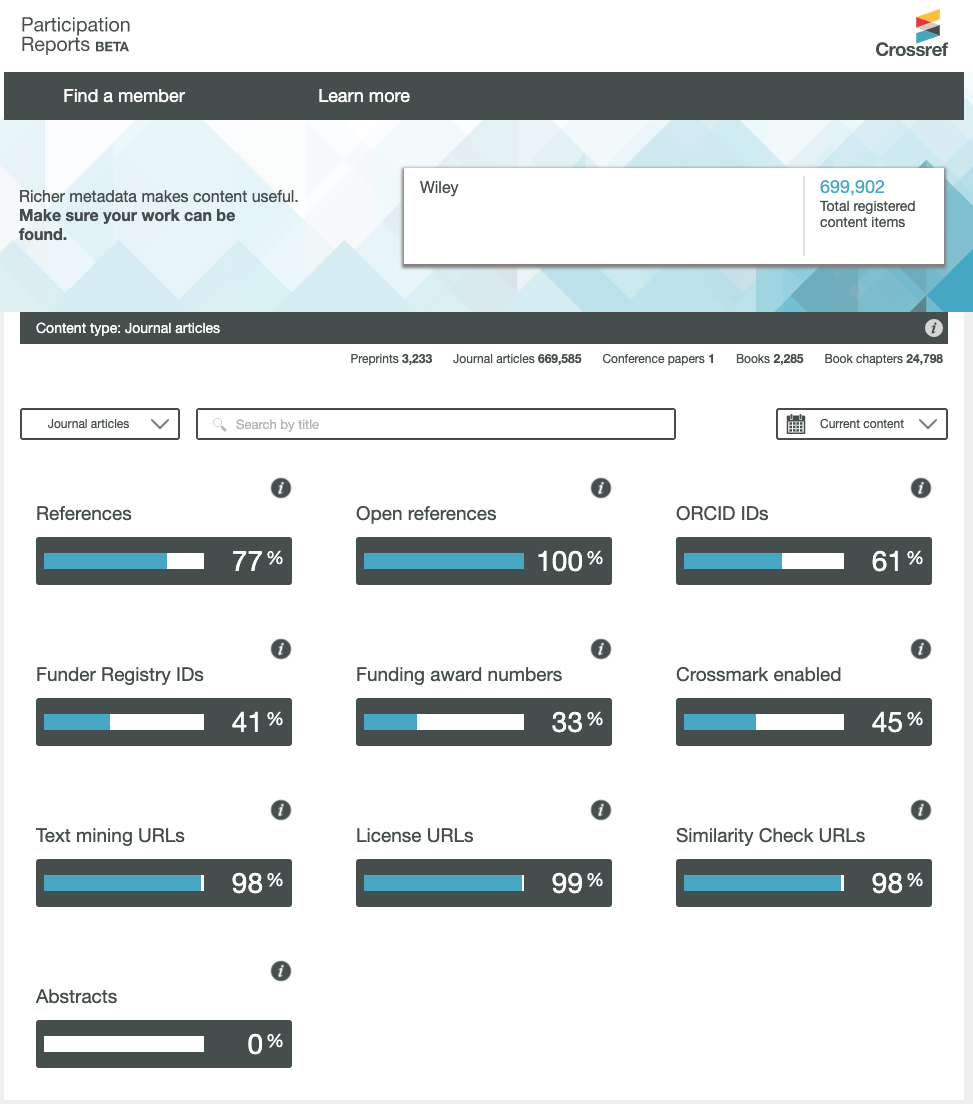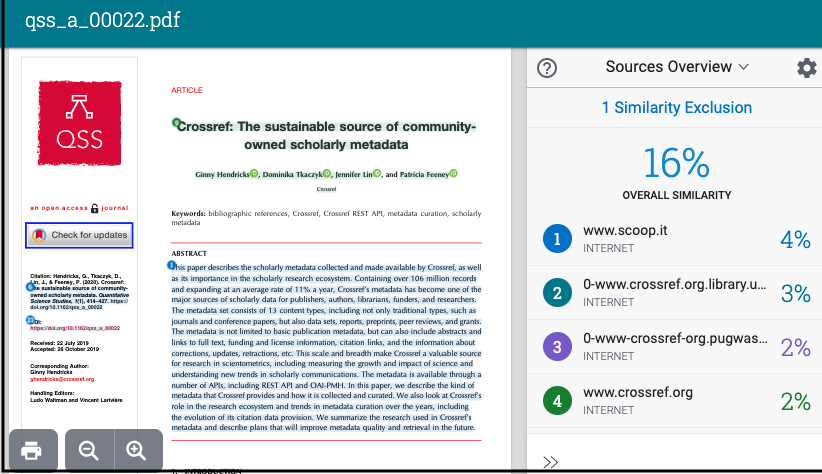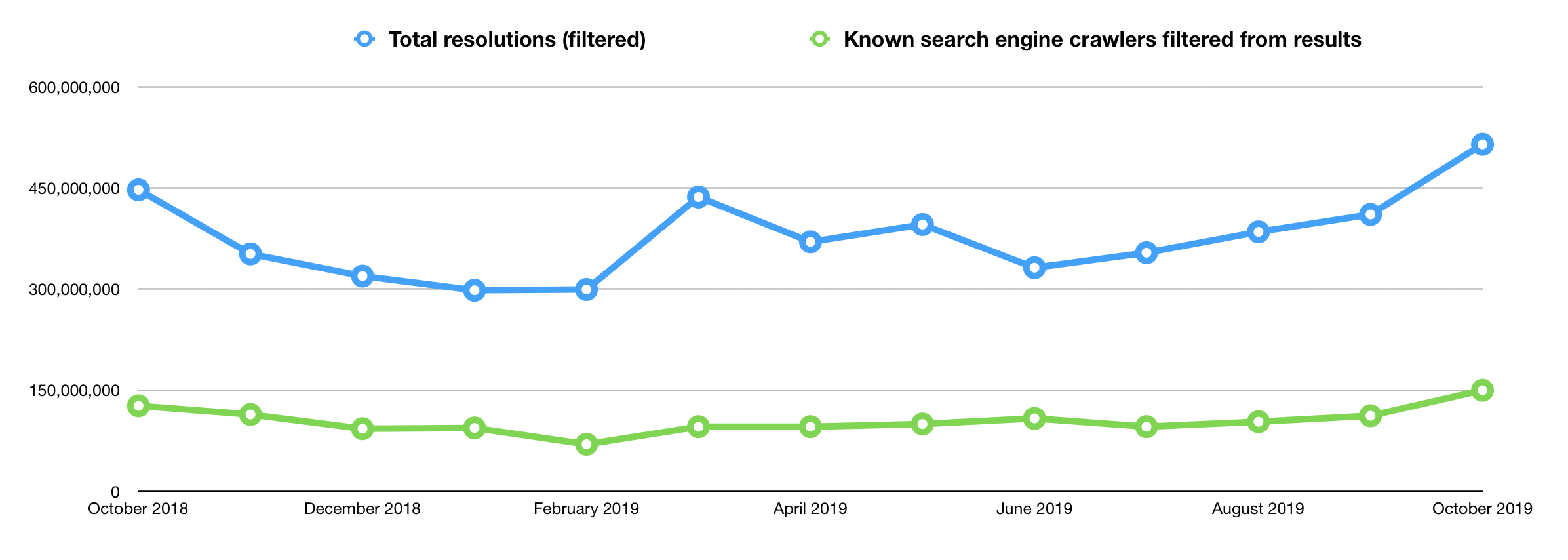
Many researchers want to carry out analysis and extraction of information from large sets of data, such as journal articles and other scholarly content. Methods such as screen-scraping are error-prone, place too much strain on content sites and may be unrepeatable or break if site layouts change.

